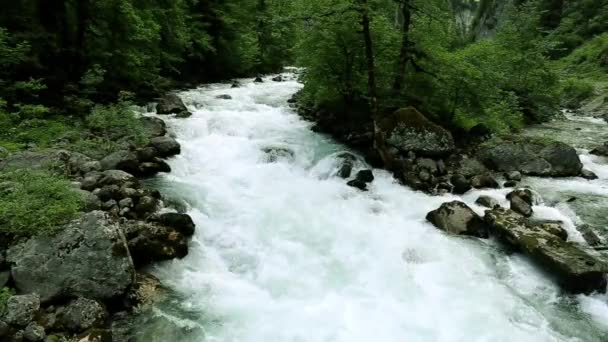
And the oblate went up to his cell, while Durtal went towards the large pond. There he lay down on a bed of dry reed, looking at the water which broke in wavelets at his feet. The coming and going of these limited waters, folding back on themselves, yet never overpassing the basin they had hollowed for themselves, led him on into long reveries.
He said to himself that a river was the most exact symbol of the active life; one follows it from its source through all its courses across the territories it fertilizes; it has fulfilled its assigned task before it dies, immersing itself in the gaping sepulcher of the seas; but the pond, that tamed water, imprisoned in a hedge of reeds which it has itself caused to grow in fertilizing the soil of its bank, has concentrated itself, lived on itself, not seemed to achieve any known work, save to keep silence and reflect on the infinite of heaven.
“Still water troubles me,” continued Durtal. “It seems to me that unable to extend itself, it grows deeper, and that while running waters borrow only the shadows of things they reflect, it swallows them giving them back. Most certainly in this pond is a continued and profound absorption of forgotten clouds, of lost trees, even of sensations seized on the faces of monks who hung over it. This water is full, and not empty, like those which are distracted in wandering about the country and in bathing the towns. It is a contemplative water, in perfect accord with the recollected life of the cloisters.
“The fact is,” he concluded, “that a river would have here no meaning; it would only be passing, would remain indifferent and in a hurry, would be in all cases unfit to pacify the soul which the monastic water of the ponds appeases. Ah! in founding Notre Dame de l’Atre, Saint Bernard knew how to fit the Cistercian rule and the site. –J.K. Huysmans ‘En Route’


